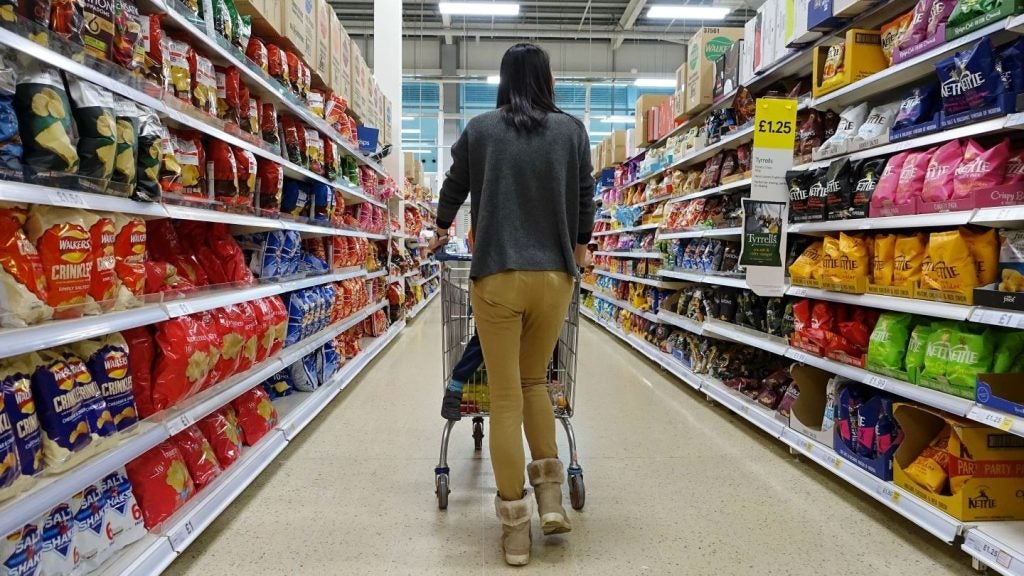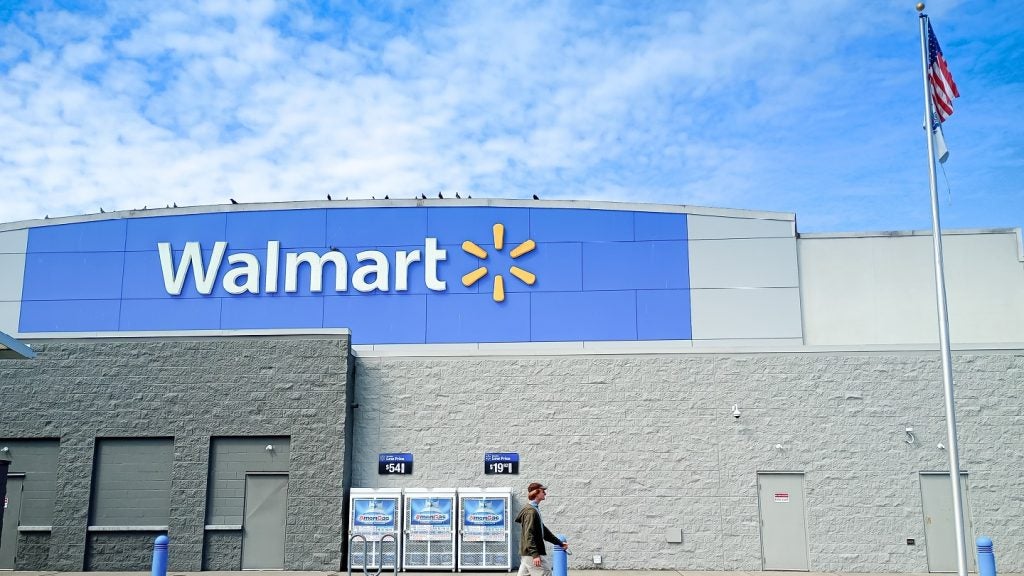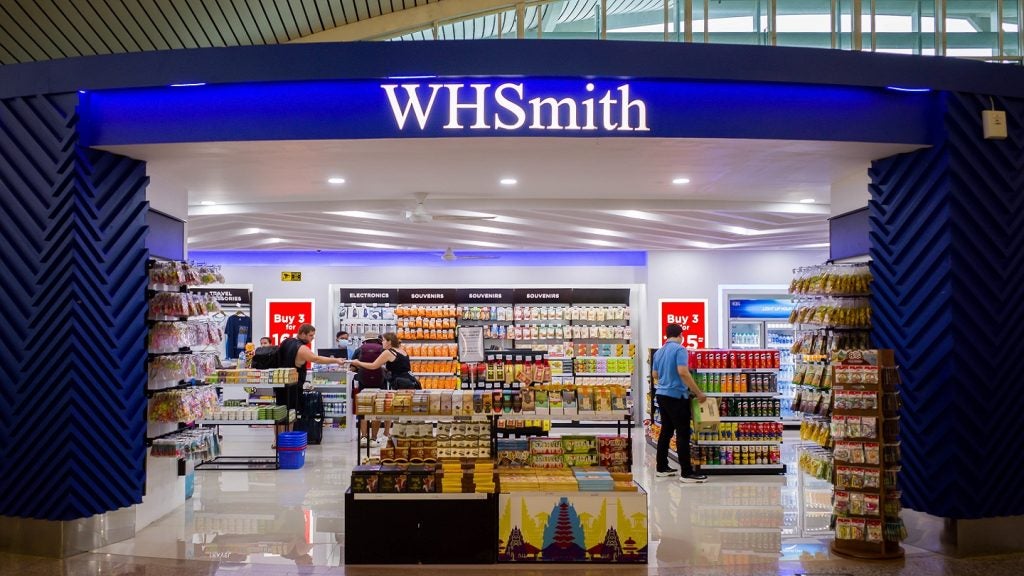US retail giants Kroger and Albertsons are facing increased scrutiny from regulators over their proposed $25bn merger.
In an attempt to win approval, Kroger has doubled its commitment to price cuts, pledging to slash grocery prices by $1bn if the deal goes through, Bloomberg reported.
This is a significant increase from the company's initial offer of $500m in reductions.
The move comes amidst concerns from elected officials and union groups that the merger could lead to higher prices for consumers and lower wages for employees.
The combined entity would also become the second-largest grocery chain in the US, raising fears of reduced competition and potential price gouging.
This concern is particularly relevant in today's environment, with food prices remaining a key driver of inflation and consumer discontent.
Further complicating the deal are legal hurdles.
Several lawsuits and a Federal Trade Commission (FTC) administrative trial stand in the way of Kroger's ambitions.
The past performance of such mergers also raises questions.
Tracking how companies deliver on price-cut promises can be difficult due to varied product offerings and regional pricing strategies across large chains.
Despite the challenges, Kroger is referencing past successes to build confidence.
The company cites examples of previous acquisitions, including Roundy's and Harris Teeter, where it implemented significant price cuts following the mergers.
It claims these efforts resulted in lower gross margins, indicating a commitment to price reductions.
According to Bloomberg, these reductions come at a cost, with merger-related expenses already surpassing $800m.
This figure excludes potential breakup fees if the deal falls through, adding another layer of financial risk.
The future of the Kroger-Albertsons merger remains uncertain.
Kroger's increased price-cut commitment may appease regulators, but the legal landscape and potential for reduced competition keep the deal's fate hanging in the balance.
Meanwhile, Kroger has initiated exchange offers for Albertsons' outstanding notes, a key step towards integrating the two companies.
The deal involves swapping Albertsons' debt for new Kroger notes and seeks to remove certain restrictions on Albertsons' financial operations.
The success of these exchange offers is contingent on the merger's completion.
















